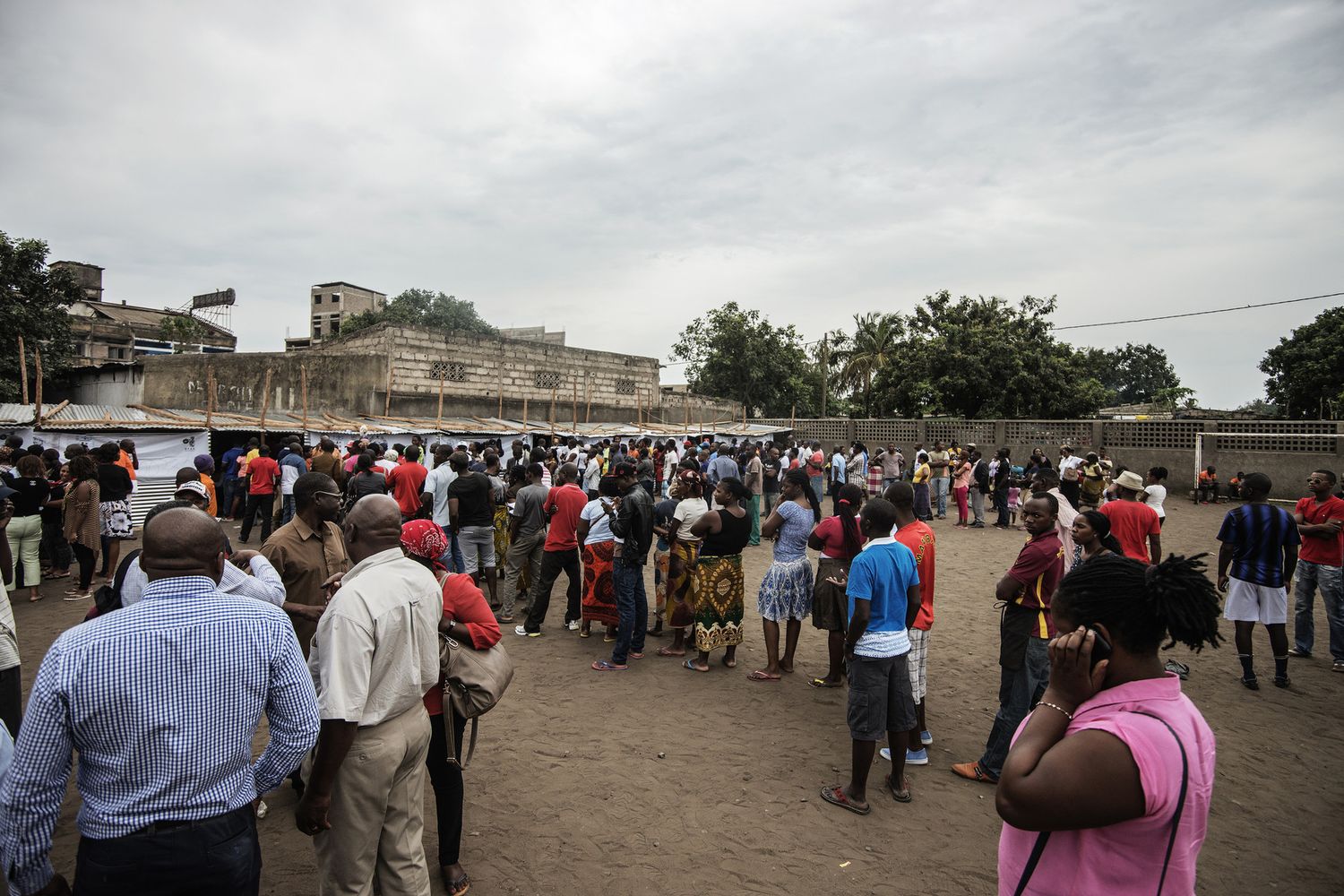Mozambique:Italy supports re-qualification of Chamanculo district


Maputo - Italy, through its Italian Agency for Cooperation and Development, ICE, is supporting the upgrading of one of the poorest and most historic peripheral districts in the Mozambican capital, Maputo, through interventions in socio-economic and public utility infrastructures, such as schools, community centers, sports and recreational areas.On Thursday, in Maputo, the Deputy Minister of Education and Human Development, Armindo Ngunga, the Italian Ambassador to Mozambique, Marco Conticelli, Maputo Municipality President, David Simango, and the head of the Italian Agency for Cooperation and Development in Mozambique, Fabio Melloni, took part in a ceremony that served as a kickoff for the rehabilitation in one part of the densely populated populous neighborhood of Chamanculo (it is constituted of Chamanculo A,B, Cand D), which is home to about 130 thousand inhabitants.
According to the Italian Cooperation, the initial interventions of the requalification project will focus on "Chamanculo C" and will be implemented through Italian non-governmental organizations, namely the AVSI Foundation, CESVITEM and Architects Without Borders, in partnership with the Mozambican Association Khandlelo and the Maputo City Council. Chamanculo, which houses a large part of the 800,000 inhabitants living in informal settlements around the city of Maputo, is where most of the nationalists left to create the Mozambican Liberation Front (Frelimo) that triggered the war of Liberation and independence of this Southern African nation of 23 million inhabitants, from the colonial Portuguse rule, in 1975, in addition to sporting and artistic figures of reference
.As part of its Cooperation Program, since 2011, the Italian Cooperation has supported urban regeneration and the integrated and sustainable regeneration of the historical district of Chamanculo. Italy was one of the first partners to join the urban regeneration project, designed by the municipality of Maputo in 2011, whose cost of implementation at the time was estimated at USD3 million. Other partners in the project are Brazil and the World Bank.
The neighborhood of Chamanculo is one of the most populous neighborhoods of Maputo and which more problem of sanitation presents. It consists largely of informal settlements (houses built disorderly and of unconventional material - wood and zinc -, mixed with buildings of colonial architecture. Because there is no urbanization structure, the neighborhood has no access routes for the provision of basic services, such as rainwater drainage, water supply services and electricity supply. The project includes the registration of land occupations, the guarantee of minimum accessibility to each plot, new infrastructure projects.